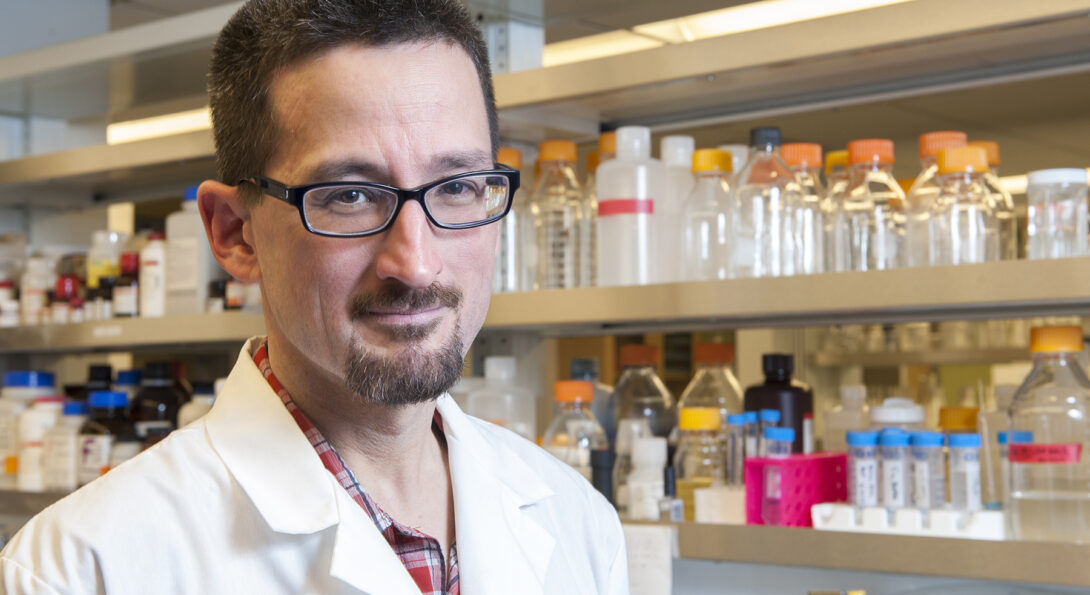Fighting the complications of diabetes

Nearly 30 million Americans are living with diabetes, a life-altering disease that affects how the body uses blood sugar.
The many complications of diabetes include damage to the tissues of the foot. When these chronic wounds don’t heal properly, it can mean the amputation of a toe, foot or leg.
Tim Koh, professor of kinesiology in the UIC College of Applied Health Sciences, is conducting research using two different approaches to find more effective treatment for such wounds.
Koh's goal is to reduce inflammation in wounds so that healing can progress. In one study, glyburide, a drug taken orally to control blood-sugar in diabetic patients, is applied directly to wounds. Another study uses low-intensity vibration, barely perceptible to the touch.
Koh was recently awarded a four-year, $2.2 million grant from the National Institutes of Health to test the effectiveness of glyburide for wound healing.
The study, done with Dr. William Ennis, director of UIC’s Wound Healing and Tissue Repair Clinic, is following 60 older diabetic patients. Half will have their wounds treated with glyburide; the other half will be treated with a placebo.
“We’ll measure inflammatory cells in the wounds, the blood and the bone marrow,” Koh says.
Koh was intrigued by other research on the use of low-intensity vibration to improve bone health and prevent osteoporosis. In his own lab, he found that low-intensity vibration may heal wounds more quickly.
“The exciting thing about this intervention is how easily it could be translated to people,” says Koh, who plans further studies with Ennis.